The stillness of midnight and the quiet moments before dawn hold profound mysteries that touch the soul. The Bible shows that these hours carry deep meaning for those longing for a closer walk with God. This is a sacred time to unlock spiritual power and experience peace through prayer. Step into this journey and discover the difference between praying at 12 am and 3 am, allowing it to transform your spiritual life today.
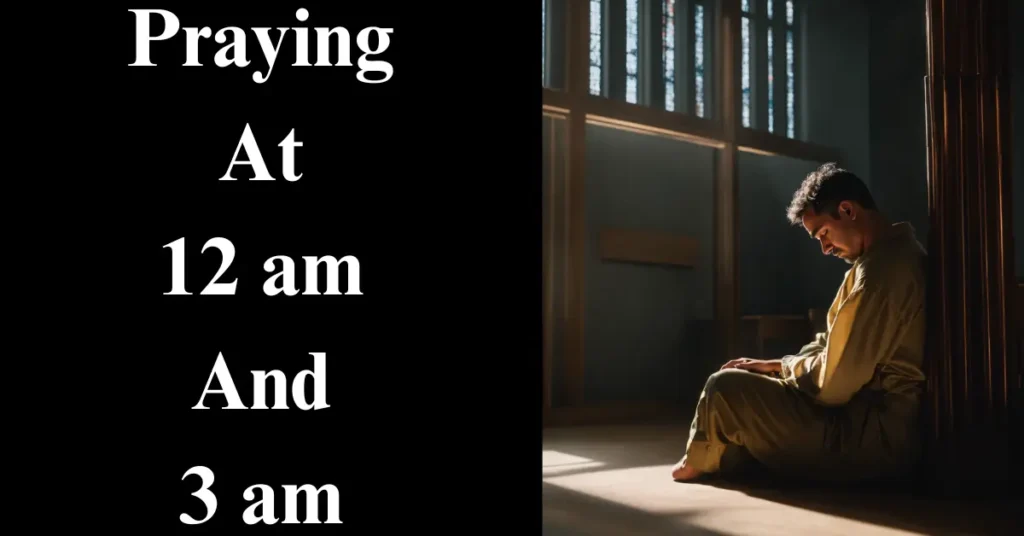
Table of Contents
Difference Between Praying At 12am And 3am
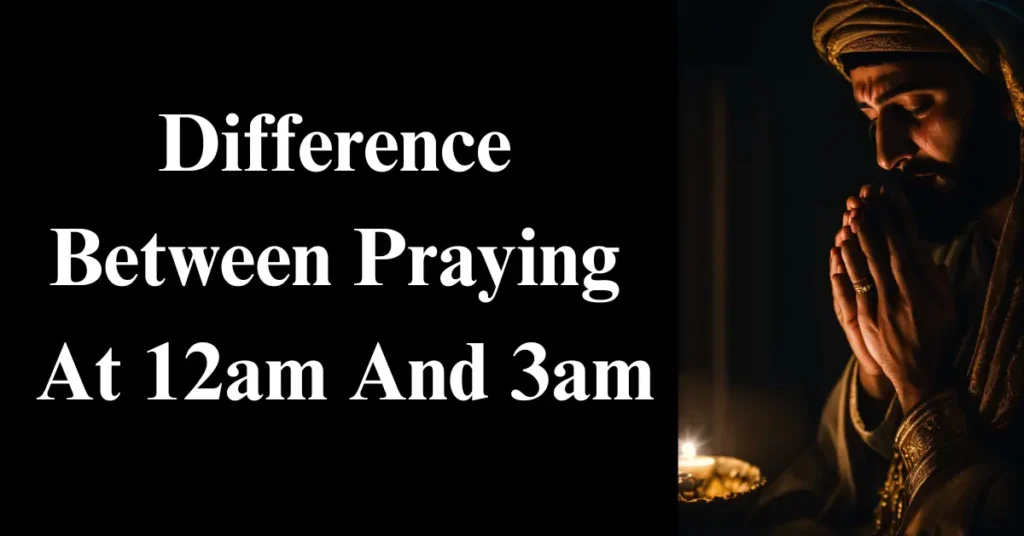
In Christianity, prayer is a vital act that strengthens a believer’s relationship with God, and the Bible consistently teaches that praying at 12am carries a profound significance often associated with spiritual battles, breakthroughs, and moments of surrender. Just as Paul and Silas were singing hymns at midnight in Acts, their story continues to demonstrate the power of prayers leading to miraculous deliverance, a time to seek guidance, confess sins, and call for divine intervention through Jesus as seen in Luke 18:1.
In contrast, 3am emphasizes finding peace, releasing anxieties, and meditating on God’s presence, where the early morning solitude mirrors King David’s Psalms and the practice of Mark 1:35. Verses like Philippians 4:6-7 and 1 Peter 5:7 beautifully encourage believers to trust in this sacred hour for personal reflection and heartfelt communication with Him.
Having personally prayed in these hours, I have experienced the unique benefits each offers; midnight prayers helped me overcome inner struggles, while the early morning watch brought a deep sense of clarity, with moments filled with sincere faith, as shown and beautifully expressed in Psalm 139:7-12, reminding me of God’s constant presence.
Praying At 3am In The Morning
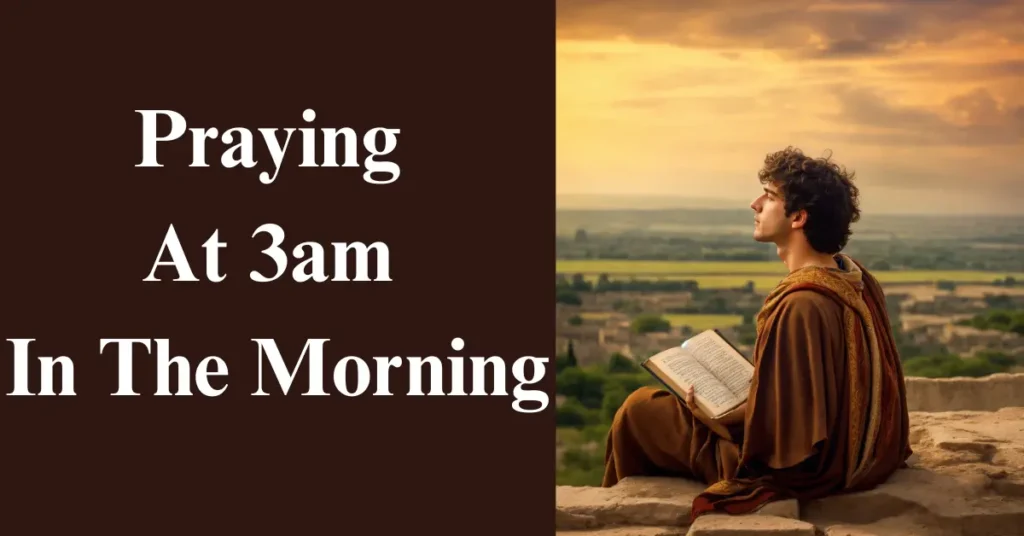
Here are the key insights to understand the Biblical difference between praying at 12 am and 3 am explained, with a special focus on the sacred depth of praying at 3 a.m.:
- Praying at 3 a.m. carries a deep significance for Christians, becoming a personal time for spiritual practices; even though the Bible gives no direct instruction for this particular hour, many believers still ascribe great importance through their experiences and biblical arguments that support the practice.
- Its symbolism reflects vigilance and anticipation, being linked to the fourth watch of the night in Matthew 14:25, marking the darkest period before dawn and demonstrating a deeper commitment to seeking God and aligning with the purposes of His will.
- By emulating Jesus, who rose in the early morning to pray and commune with the Father in Mark 1:35, Christians follow His example, dedicating these hours to connect, which fosters discipline and aligns their hearts with His will.
- The quietude of this time offers a unique focus, unlike the daytime with its lack of stillness, making it the quietest and least distracted, thereby providing the perfect atmosphere of solitude for a deeper connection with God.
- It becomes a powerful period for warfare and intercession, engaging against opposition, seeking protection, and interceding on behalf of others, turning this late-night yet early-morning action into a mighty moment of prayer.
- Its value, regardless of exact timing, rests on the effectiveness that is rooted in heart, sincerity, and faith of the individual, reinforcing the notion that any time spent with God is a source of growth and alignment with God’s will.
From my own journey, I have found that praying at 3 a.m. brought an extraordinary stillness that sharpened my spiritual focus; interceding during this hour gave me strength, peace, and clarity, and I sensed God’s presence in a way that transformed both my discipline and my faith.
What Does The Bible Say About Praying At 3am
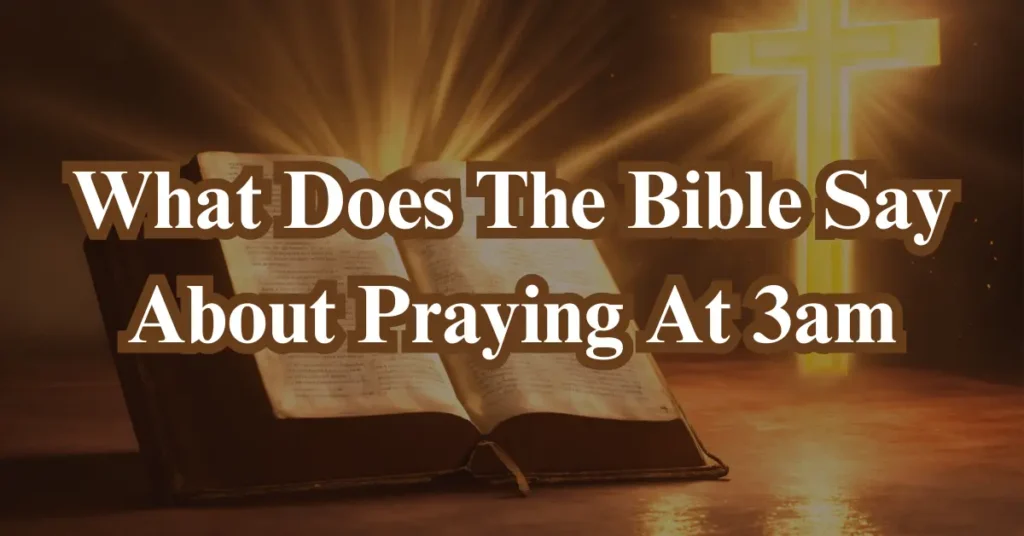
Here are the key biblical insights to understand what the Bible says about praying at 3 a.m. and its spiritual significance for believers.
Praying at Midnight:
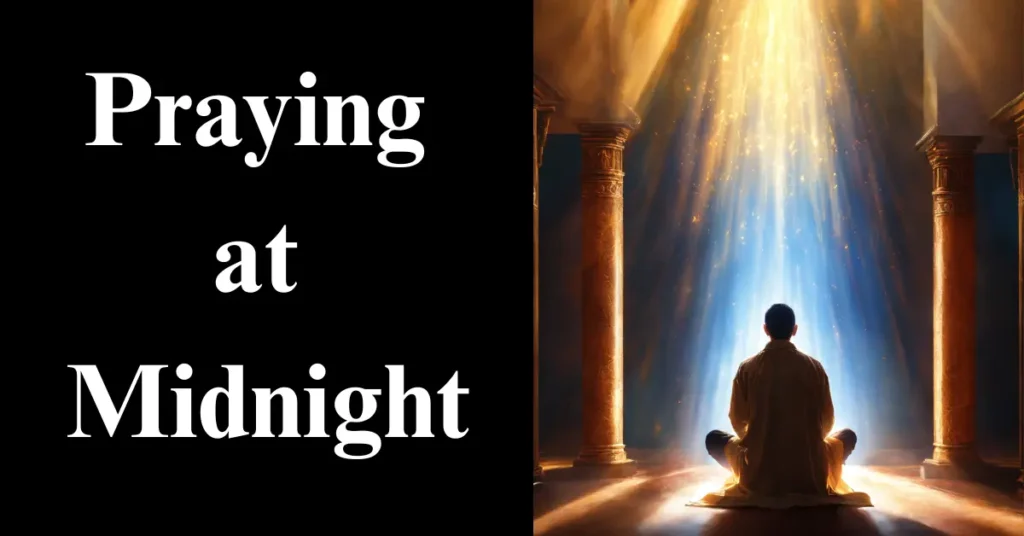
The Bible shows that praying at midnight holds great significance and symbolism, seen in both the Old Testament and New Testament; in Exodus 12:29-31, the Israelites were delivered from slavery in Egypt during the midnight hour, and later Paul and Silas prayed and sang hymns while imprisoned, leading to their miraculous release in Acts 16:25-26. This sacred time is often linked with divine intervention, deliverance, and breakthrough, making it a moment when Christians seek God’s power in a way that is uniquely profound at midnight.
From my own prayer journey, I have found that midnight intercession carries an unusual intensity; there have been nights when seeking God at this hour opened doors of peace and unexpected answers, reminding me that His presence at midnight is deeply real and transformative.
Praying at the “Third Watch” (3 a.m.):
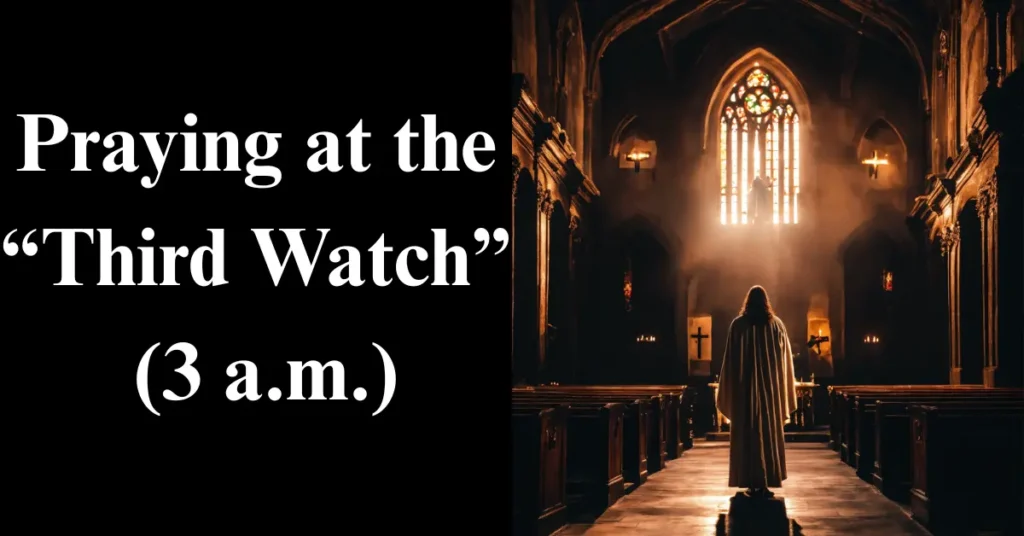
The concept of the third watch shows that praying at 3 a.m. is rooted in an ancient practice of dividing the night into four specific time intervals, with this one occurring during a period often associated with heightened spiritual activity and the presence of God. It is here that deeper experiences and revelations are felt most intensely, making it a moment when Christians find significant communion with the Lord while seeking His guidance and wisdom.
In my own walk, I have discovered that the stillness of 3 a.m. created space for a kind of prayer that pierced through distractions, and in those hours I sensed divine direction and clarity that I could not find at any other time of the day.
Biblical Examples of Nighttime Prayer:
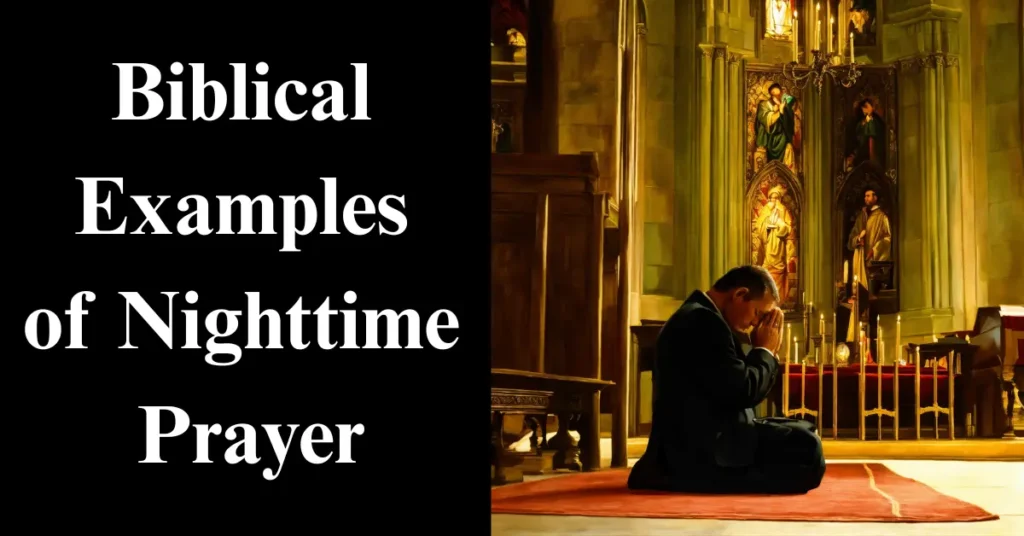
Nighttime prayer is explicitly referenced in the Bible, showing that both 12 a.m. and 3 a.m. carry meaning for those who are devoted to seeking a closer walk with God; in Psalm 63:6, King David speaks of seeking intimacy with God in the night, while Jesus in Mark 1:35 rose in the early morning to pray in solitude, demonstrating the importance of specific times of communion with the Father. These examples show that making time for prayer, no matter the hour, is central to spiritual growth and divine closeness.
In my own prayer life, I have found that following these patterns deepened my sense of discipline; whether at midnight or in the stillness before dawn, the hours of prayer have drawn me into greater intimacy with God’s presence and wisdom.
Effectiveness of Prayer:
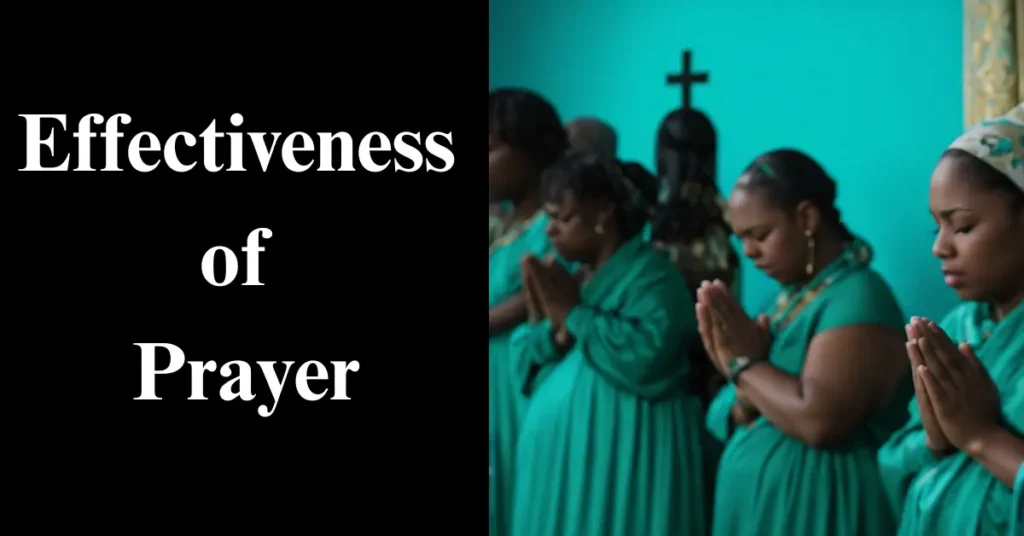
The effectiveness of prayer is not defined by the time chosen but by the sincerity of the heart, the depth of faith, and the alignment with God’s will; as 1 Thessalonians 5:17 encourages, believers are called to pray without ceasing, while Jeremiah 33:3 assures us that God will hear and answer the prayers offered from a genuine heart. Whether at 3 a.m. or any other moment, Christians are urged to approach with a sincere and faithful spirit, knowing He is always available to listen.
From my own walk, I have realized that it was not the hour itself that changed me, but the honesty of my prayers; when I poured my heart out with faith, whether at midnight or before dawn, I encountered God’s nearness in unforgettable ways.
Conclusion
The Biblical difference between praying at 12 a.m. and 3 a.m. lies in their unique purpose midnight often symbolizes breakthrough and deliverance, while 3 a.m. reflects peace and deeper communion with God. Both times hold spiritual value, yet the true power of prayer comes from a faithful and sincere heart. No matter the hour, prayer draws us closer to God and transforms our walk with Him.
FAQs
What does the Bible say about praying at 12am?
In Psalm 119:62, the Psalmist declares that at midnight he will rise to give thanks for the righteous laws of God, and this verse reveals the practice of setting aside this special time for prayer and praise, recognizing God’s faithfulness in the quiet hours of the night.
![Biblical Difference Praying 12am vs 3am [Spiritual Power]](https://prayerspond.com/wp-content/uploads/2025/09/Biblical-Difference-Between-Praying-At-12-am-And-3-am-Explained.jpg)